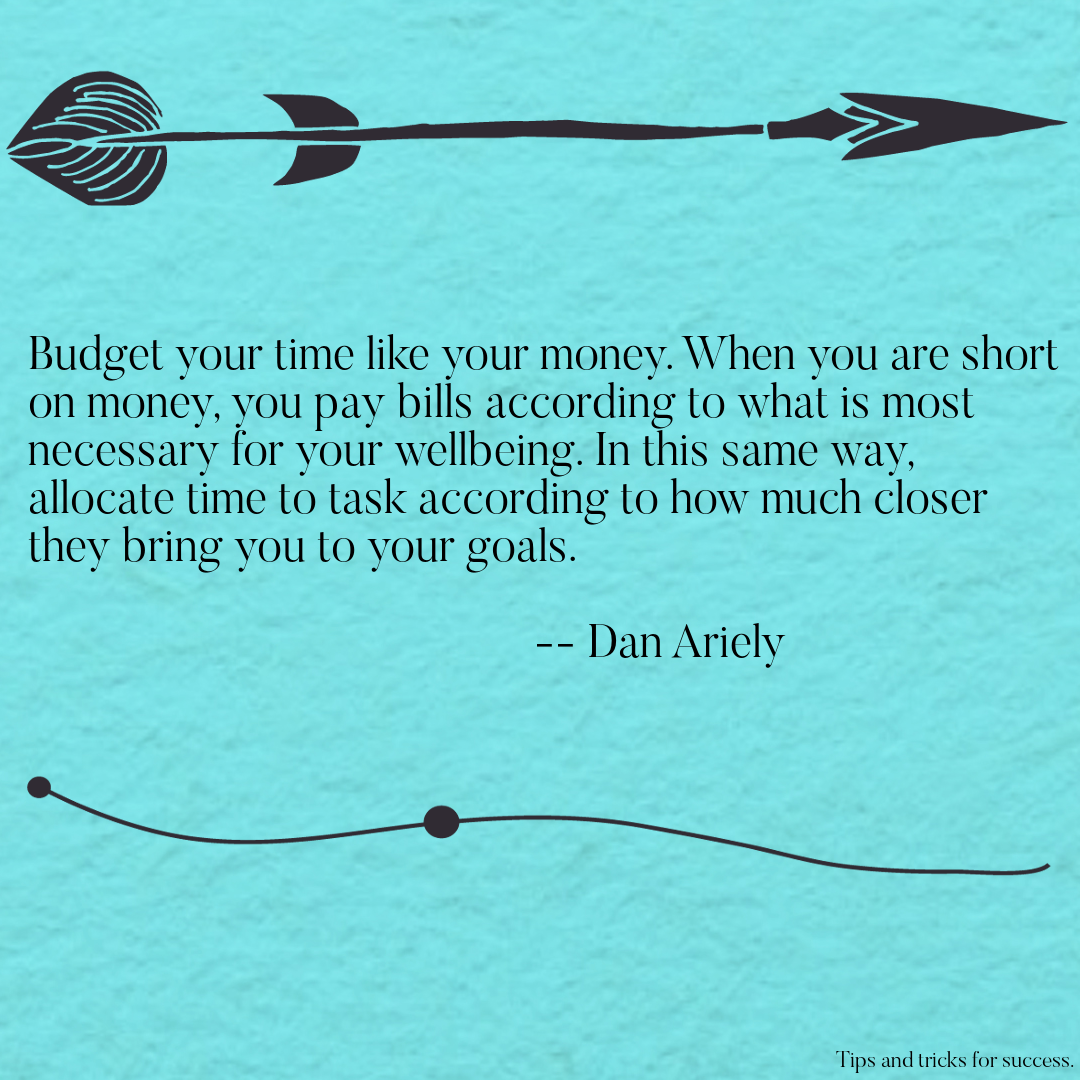This past month has been chaos. My birthday, a mini vacation that my husband planned, jury duty two weeks in a row, and the insanity of trying to stay on top of the things that absolutely needed to be done on top of it. Before this, though, I listened to an audiobook called Essentialism: The Disciplined Pursuit of Less by Greg McKeown, knowing I had this kind of month ahead of me.
I thought it’d be helpful. After all, I always seek to make life easier, so it would fit into my cognitive biases, I’d love it, and I’d come away with new ideas that I could take action on.
Turns out this is exactly reality based.
So, the premise of essentialism is to weed out all the crap you say yes to that you don’t really intend to do or don’t help you in any way. McKeown notes that everything you do should be a choice, and each choice should be something that make the best use of your time. Then he goes on to suggest that if something isn’t the best use of your time, say no or find someone to outsource it too.
I think that’s ridiculous. After all, no one thinks taking the trash out is going to fulfil them and be the best use of their time. But it’s still something we have to do. No one thinks taking a shower is the absolute best use of their time, but hygiene is necessary. Jury duty isn’t something that was the best use of my time, but I was conscripted into it. I couldn’t just say, “I’m sorry, but I choose not to do this because it isn’t the best use of my time or skills.”
Still, enthusiastically I listened to the book hoping to find a few actionables. I had hopes that it would help me choose the rest of my activities wisely.
It’s not about the passion, it’s about the need.
McKeown talks more about passion based things than need based things. Apparently he picked up the same marketing book we all did that says feelings are easier to sell to, so aim for the soft target. Everyone wants to do their passion, so it’s an easy sell.
If I were to have followed my passions this month, I’d be doing lots of field work in the beautiful fall weather not teaching. I’d be doing lab work, not working on marketing or course materials. Reality of the situation was that we need to have a huge buffer for me to take off two weeks, so I had to work with clients at a minimum to bring in the money that would pay everyone.
Honestly, I think if McKeown had left it to this quote, it would have been a lot more realistic:
“Essentialism is not about how to get more things done; it’s about how to get the right things done. It doesn’t mean just doing less for the sake of less either. It is about making the wisest possible investment of your time and energy in order to operate at our highest point of contribution by doing only what is essential.”
Strip out the ideas of passion, and let it stand as need for the current project or stage of life.
Which is basically the same thing as prioritising.
Prioritising, at least in my case, meant money-making first, (relative) sanity and health second, and the rest would be put on the to-do list for any slots of time I could squeeze them in. It worked out well despite 6 weeks of rushing everything.
The short? This approach to life works better:








